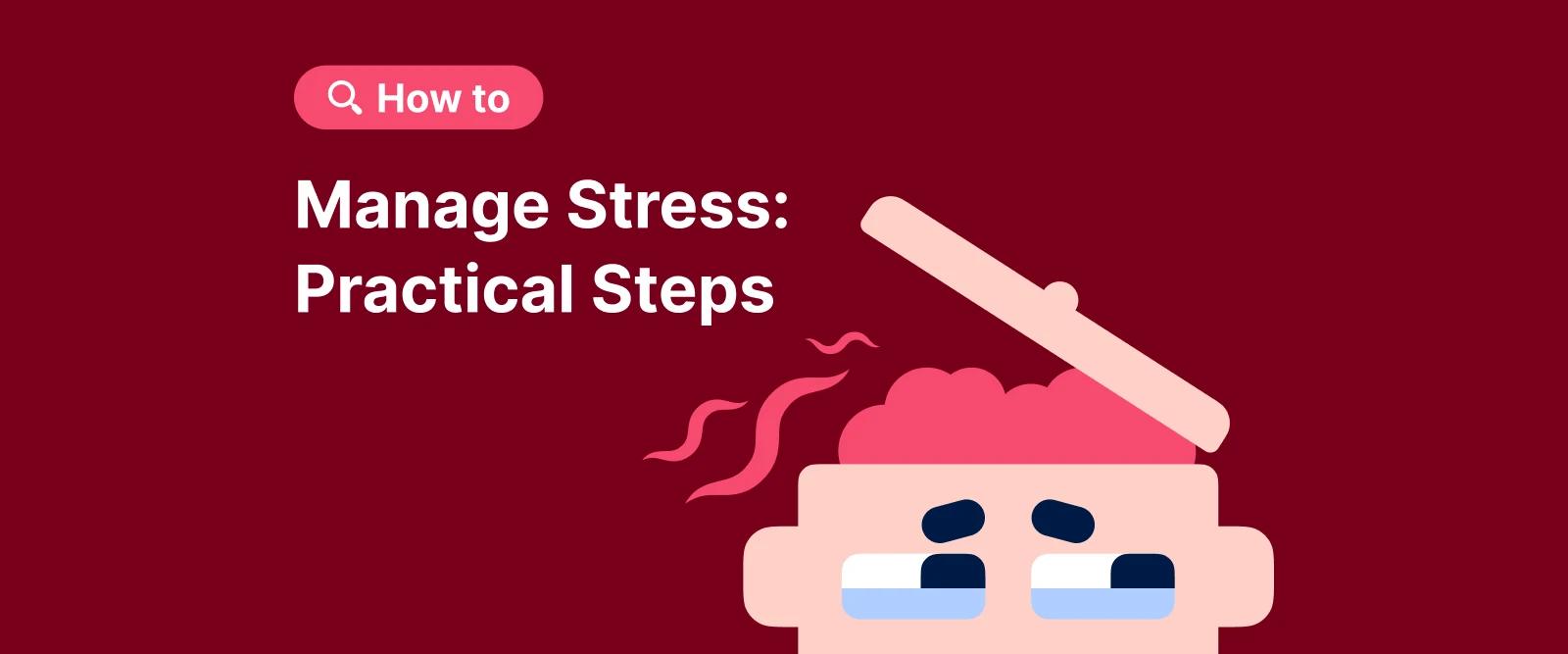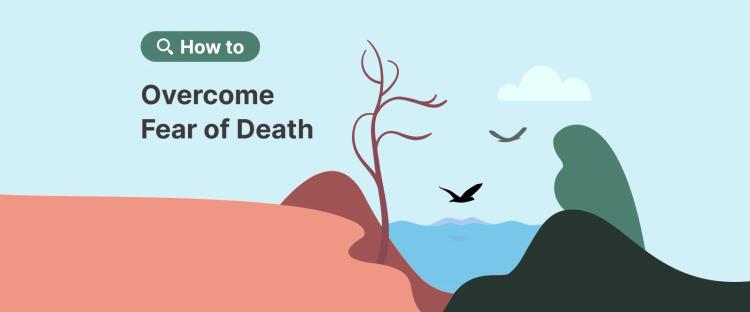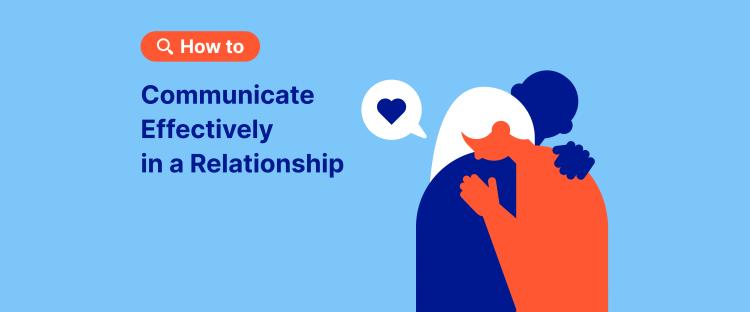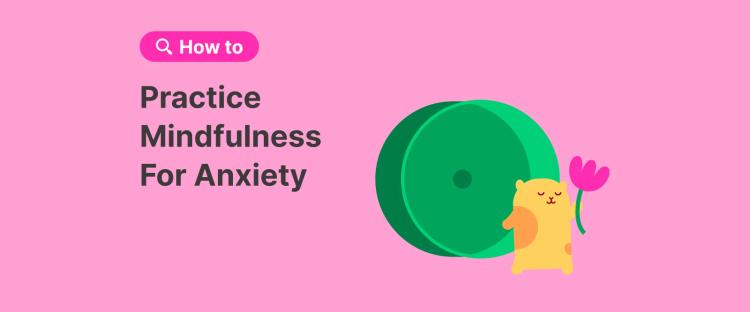Stress is part of life, and it shows up in your body before you even notice it in your mind. Perhaps your jaw won't unclench, or you're quicker to snap than usual. Or you find yourself stuck in that strange state of being wired and exhausted. If so, that's not failure — it's a sign your system's been holding more than it can process.
This guide is here to help you manage the stress already in your body, not to avoid, deny, or minimize it. As a trauma educator and somatic practitioner specializing in nervous system healing, I’ve supported hundreds of people in understanding how stress lives in the body and how to build resilience through simple, practical tools. You’ll explore actionable strategies for stress relief, from somatic practices to mindset shifts and lifestyle choices. And throughout, you'll pull wisdom from three transformative books — 'The Ruthless Elimination of Hurry,' 'Peace Is Every Step,' and 'Get Out of Your Head' — all available in summary on the Headway app.
Quick summary: Top 5 ways to manage stress
Practice deep breathing or body scans
Reframe negative thoughts
Prioritize sleep, food, and hydration
Move your body daily — gently
Connect with supportive people
Now, let’s dive in and look at each one of them up closely.
3 somatic tools to reduce stress fast
Once again, your brain can't regulate fully until your body feels safe. That's why somatic strategies often work faster than mental reframes. Here are a few to try:
1. Move regularly — and intuitively
Physical activity is one of the most reliable ways to metabolize cortisol, the body's primary stress hormone. But that doesn't mean high-intensity workouts. Your goal? Move in a way that feels like listening, not punishing.
Start by slowing down:
Walk more slowly than usual.
Chew your food thoughtfully.
Pause and notice how your body feels when you stop rushing.
In 'The Ruthless Elimination of Hurry,' Comer suggests adopting an "unhurried" physical rhythm to re-sync the nervous system. That could mean walking slowly, chewing thoughtfully, or simply noticing how your body moves when you're not rushing.
2. Practice relaxation techniques that work for you
Simple deep breathing exercises, like inhaling for four counts, holding for 4, and exhaling for 6, help your system shift from "fight or flight" to "rest and digest." You can also try progressive muscle relaxation, where you tense and release different parts of your body, or guided practices like yoga nidra.
These simple techniques can also ease muscle tension, which often builds up silently in your shoulders, jaw, or back during stressful moments.
Even two minutes of intentional breathwork can support your mental health and lower stress levels. It may also reduce your heart rate and prevent the onset of high blood pressure, two physiological responses closely linked to chronic stress.
3. Do a 3-minute body scan to reconnect and reset
Sit or lie down somewhere quiet.
Close your eyes and bring awareness to your feet.
Slowly move your attention upward: calves, thighs, hips, belly, chest, shoulders, and face.
Notice sensation, warmth, and pressure without trying to change anything.
This practice helps your nervous system feel acknowledged. It's a small daily reset for your mind-body connection.
How thought patterns and mindset affect stress levels
Your inner dialogue affects how your nervous system interprets the world. If you constantly think, "I can't do this," your body believes you're under threat. Catching these negative thoughts and responding with something truer, like, "This is hard, but I've done hard things before," helps you reclaim your power.
In 'Get Out of Your Head,' Jennie Allen writes,
"The greatest spiritual battle of our generation is being fought between our ears."
So, changing your thoughts isn't about positivity but liberation. This cognitive reframing is also supported in psychiatry, where addressing unhelpful thought patterns plays a central role in managing stress and anxiety disorders.
How mindfulness reduces stress instantly
Mindfulness is more than a trend — it's a reset.

Mindfulness invites you back to the present moment — not to escape but to orient. You might focus on your breath, the feel of your feet, or the sound of your environment. Even 30 seconds of mindfulness can de-escalate stress levels.
Thich Nhat Hanh reminds us, "Breathing in, I calm my body. Breathing out, I smile." A moment of presence isn't a luxury — it's an anchor.
3 grounding phrases to use in stressful moments:
"This feeling is real, but it won't last forever."
"I can pause. I don't have to rush this."
"Even a small step forward is still progress."
Self-talk like this doesn't fix everything, but it helps regulate your nervous system and make stress more manageable.
Daily lifestyle habits to reduce stress and regulate your nervous system
Just as our thoughts influence stress, so do our daily rhythms — how we rest, what we eat, and who we let in.
Prioritize what matters (and let go of the rest)
Stress skyrockets when you try to do it all. What you often need is not a perfect planner but clarity. Start your day with one to three important tasks instead of an overwhelming to-do list filled with obligations that drain your energy. Time-blocking can help, but so can simply saying "no" more often.
And if you feel like you're teetering on the edge of burnout, here's a deeper dive into burnout and how to begin recovering.
Sleep, food, and connection are non-negotiable
I know you've heard this before. But it's worth repeating: your brain works better when fed and rested. That means a healthy diet with whole grains, lean proteins, and enough water. It also means shutting off screens before bed and getting consistent, quality sleep.
And don't underestimate the power of reaching out. Sharing how you're doing with a loved one or a trusted family member can lower your stress by making you feel less alone.
How stress affects relationships and social connection
Stress doesn't just live in your body; it's also alive in your relationships. You might withdraw, lash out, or shut down without reason when in survival mode because stress reduces your brain's access to social engagement cues. If talking to a family member or loved one feels more challenging when you're overwhelmed, that's not failure — it's biology. Try this stress-relieving habit: Schedule short, low-pressure check-ins with people who feel safe. Even a 10-minute chat can re-regulate your system.
How to build stress resilience with simple daily practices
While fast tools like breathwork and movement help in the moment, long-term stress management also means developing a deeper inner foundation. This is especially important if you've lived with chronic stress or experienced ongoing pressure from work, caregiving, or navigating health conditions.
Here are three long-game practices that support resilience:
Learn your patterns.
Start tracking when and how stress shows up in your day. Is it morning hours? After interactions with certain people? Awareness builds choice.Rebuild your baseline.
Consider adding one or two micro-habits that nourish your nervous system. Five minutes, stepping outside before screens, or simply noticing your breath after meetings. These might seem small, but over time, they add up.Ask more significant questions.
What kind of life would feel sustainable to you, not just productive? This question may take months or years to answer. But asking it gently, again and again, helps shift you from surviving to creating.
According to the National Institute of Mental Health, consistent habits and supportive relationships are the most protective factors against stress-related illness. In other words, healing happens slowly through repetition, not just rescue.
What stress does to your nervous system — and why it's not your fault
Stress is your body's built-in response to perceived danger, whether real or imagined — but without recovery, it can become chronic.. Let's be clear — it isn't just mental. It's physiological. It lives in your muscles, your breath, your digestion, and your emotional responses. It's your body's way of protecting you from threats, real and imagined. But when life doesn't give you space to recover, your system stays stuck in "fight or flight" or even "freeze" mode.
That's when stress stops being adaptive and starts becoming chronic. Chronic stress depletes your physical health, fogs your thoughts, interrupts sleep, and affects your mental health altogether. But it doesn't mean you're weak. It's just your body doing its best without enough support.
As John Mark Comer writes in 'The Ruthless Elimination of Hurry,' "Hurry is a form of violence on the soul." When you override the body's signals, you trade long-term balance for short-term productivity, and the cost adds up.
The mind-body connection: How to recognize and release hidden stress
Stress management begins with noticing how stress shows up in your system. Your stress may be complex and long-held, especially if you've lived through trauma, high-pressure environments, or emotional upheaval.
So, what are the five warning signs of stress? In simple terms, they often include:
physical tension (like jaw clenching, tight shoulders, or shallow breathing)
digestive issues that seem unrelated to food
difficulty relaxing, even in calm settings
a racing mind that won’t settle, often paired with a heavy or sluggish body
emotional outbursts over small triggers
These signs aren't failures of character. They're signals your body needs to reestablish a sense of safety. Somatic tools — like grounding, physical touch, and breath awareness — can help complete the stress cycle and regulate your nervous system back into safety and presence.
As Thich Nhat Hanh writes in 'Peace Is Every Step,' "Our own life has to be our message." That includes listening to what your body is saying before it starts shouting.
Why chronic stress builds up (and how to fix it)
Imagine your stress is a bucket. Every stressor, big or small — work tasks, difficult conversations, noisy environments, financial worry, a conflict with a family member — adds water. And without relief valves, that bucket will overflow.

That overflow could look like snapping at someone you love, forgetting things, spiraling, or feeling paralyzed. As if "I need to do, but I can't." Managing stress, then, isn't just about removing the water. It's also about increasing the size of your bucket: growing your capacity through well-being practices, regulating rest, and learning emotional resilience.
Jennie Allen's 'Get Out of Your Head' frames it this way: "What you think about shapes who you are. You can interrupt your spirals by capturing thoughts and submitting them to truth." That truth includes understanding your limits and tending to them.
How chronic stress changes you
Stress isn't always loud. Over time, it can creep into your life in subtle, exhausting ways. If you don't pay attention, it might stop being adaptive and become harmful.
Signs of long-term stress may include:
Trouble focusing or making decisions
Emotional shifts, like mood swings or numbness
Physical tension, including headaches, gut issues, or low immunity
Disconnection from people you love
If these patterns show up regularly, it might be time to rethink your self-care and pace, or seek extra support.
Stress vs. burnout: What's the difference?
Stress is an overload. You feel overwhelmed, reactive, or "not yourself."
Burnout is depletion. You feel numb, exhausted, or like you've stopped caring altogether.
Burnout happens when chronic stress goes on too long without recovery. The fix isn't pushing harder — it's slowing down, restoring your reserves, and asking what sustainability really looks like.
Why everyone experiences stress differently
Know this: Stress doesn't hit everyone the same way. Your history, health, and responsibilities shape your system's capacity. If you're living with trauma, a chronic condition, or caregiving stress, your baseline might already be on high alert.
Trauma-informed care means honoring that. For one person, a walk might be enough to reset. For another, just getting out of bed is an act of resilience.
You don't need to "keep up." You need space to move at the pace that serves your body.
"The present moment is filled with joy and happiness. If you are attentive, you will see it."
— Thich Nhat Hanh
Take a breath. Notice your body's connection to the surface. Bring your attention there and keep breathing at your own pace. Even now, small moments of awareness can shift how stress lives in your body.

When should you seek help for stress or burnout?
Sometimes, stress doesn't just stretch — it breaks into something heavier. If you're experiencing persistent panic, hopelessness, emotional numbness, or a sense of being constantly overwhelmed, it may be more than stress. You might be dealing with anxiety or depression.
However, this doesn't mean you're broken. It means you're human and might need more care than you can access. A licensed mental health professional can help you understand what's happening and offer guidance that fits your reality.
You can also find free, trusted resources at CDC.gov or the National Institute of Mental Health, if you're ready for help or just want to learn more.
Best books for stress relief, mindfulness, and emotional resilience
'The Ruthless Elimination of Hurry' by John Mark Comer
Learn how to stop living like you're always late to something. This book is about slowing down and reclaiming peace from the chaos of modern life.
2. 'Peace Is Every Step' by Thich Nhat Hanh
Small steps, significant presence. A beautiful guide to mindfulness that feels like a deep exhale. Every page is a gentle invitation back to yourself.
3. 'Get Out of Your Head' by Jennie Allen
If your thoughts run you in circles, this book offers grounded tools to interrupt toxic patterns and move toward a calmer, clearer mindset.
You can find the summaries of all three on the Headway app — perfect if you're short on time or attention.
Final reminder: You don't need a perfect plan. You need a kind one.
You don’t have to eliminate stress to feel better. You just need healthy ways to handle it differently — with more support, the right tools, and permission to pause.
Even if the only thing you do today is take one long breath, that counts. You’re doing better than you think.
And when you’re ready for more, the Headway app is here to help. From quick book summaries that inspire calm thinking, to science-backed strategies you can apply today, Headway gives you bite-sized tools to manage stress — one small step at a time.
Download the app, explore the topics that resonate with you, and take the next step in building your resilience.
Frequently Asked Quesitons About Managing Stress
What are the 5 main ways to manage stress?
Here are five core strategies that really work:
Move your body: Gentle, regular movement helps release tension.
Breathe intentionally: Breathwork is a powerful reset tool for your nervous system.
Change your thoughts: Catch negative spirals and shift to supportive self-talk.
Rest and nourish your body: Sleep, food, and hydration matter more than you think.
Connect with others: Safe, meaningful relationships are an antidote to stress.
How to relieve stress quickly at home?
Start small:
Try a 3-minute body scan: Lie down, breathe deeply, and move your awareness through your body.
Do a grounding exercise: Notice 5 things you see, 4 things you feel, 3 you hear, 2 you smell, and 1 you taste.
Breathe in for 4, hold for 4, exhale for 6: Repeat this simple breath pattern a few times to calm your nervous system.
Move gently: Stretch, shake out your hands, or take a short walk around your home.
Even a few minutes of these tools can make a big difference.
Why am I so stressed?
You’re human, and life is complex. Stress builds up from a mix of daily pressures, past experiences, and your body’s natural response to overwhelm. If you’ve lived through trauma, high-pressure environments, or emotional challenges, your nervous system might be more sensitive. This isn’t a failure — it’s your body asking for care.
How to stop worrying?
Worry is your brain’s way of trying to predict and control the future. The goal isn’t to stop worrying completely but to notice when you’re spiraling and gently interrupt the pattern. Try this:
Name the worry out loud: “I’m feeling anxious about…”
Breathe into the discomfort: inhale for 4, exhale for 6.
Ground in the present moment: notice your feet on the floor, your breath, and the space around you.
Replace the thought: “This is hard, but I can handle it.”
What exercises are good for stress?
Gentle, mindful movement helps your body release stress. Great options include:
Walking: Ideally outdoors, but even a few laps around your home helps.
Yoga or stretching: Moves that open your body and slow your breath.
Dancing: Put on a song and let your body move freely.
Breathwork: Even a few minutes of intentional breathing can regulate your system.
Body scans: A short, focused awareness practice to check in with your body.
The best exercise is the one that feels nourishing — not punishing.













